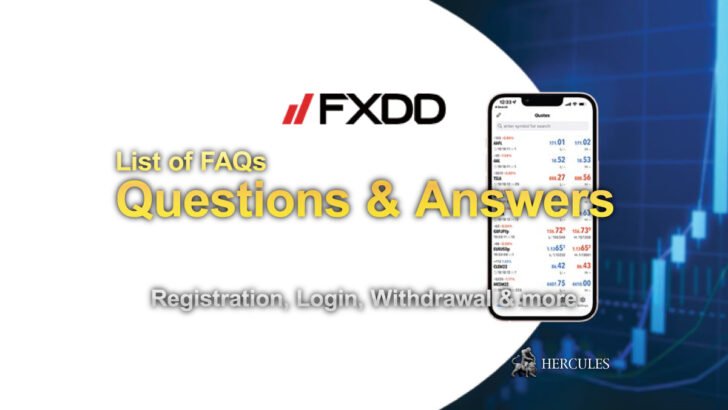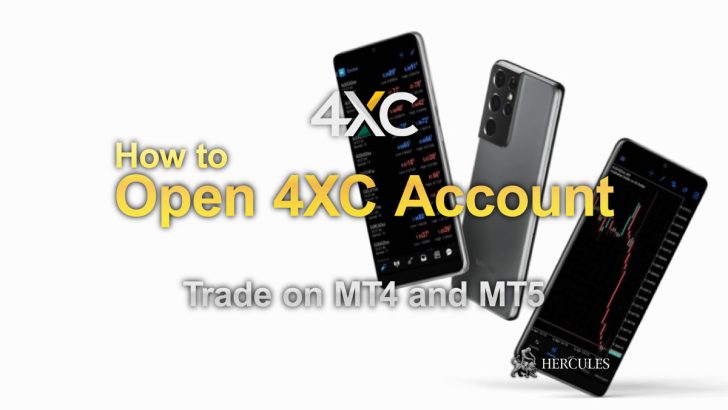Ethereum vs Bitcoin - Why Ether (ETH) can be a better token?


Here’s what you need to know about Ether (ETH)
There is no doubt that Bitcoin (BTC) has been the king of cryptocurrencies since its inception due to its high market value – it was the first cryptocurrency in history, and its creator remains a mystery to this day. This situation casts a shadow over other cryptocurrencies in the market. The price of Bitcoin keeps breaking all-time highs, but this has no effect on its market position.
However, one cryptocurrency seems to be emerging from the shadows and growing rapidly. Let’s take a deep dive into the second-largest cryptocurrency on the market, ether (ETH), which has a market cap of over $138 billion at the time of writing.
Origin of ether
Before going into how ether works, let’s take a look at how ether was born. The idea of Ethereum originated from Vitalik Buterin, a 19-year-old computer science genius (Russian-Canadian). At first, when he was exposed to Bitcoin as a programmer, he became interested in blockchain technology and co-founded Bitcoin Magazine. Buterin then set out to envision a platform beyond Bitcoin’s financial use cases. He then published a white paper in 2013 that described what would be the eventual ETH and Ethereum blockchains.
In 2014, Buterin launched a crowdfunding campaign with other ETH co-founders to sell Ether (Ethereum tokens ) to realize their vision. They eventually raised more than $18 million in funding and went live the following year. Since then, hundreds of developers have joined the platform, and the platform has grown rapidly to become the second-largest cryptocurrency after Bitcoin.
Go to Binance’s Official Website
What is Ether?
It is an open-source, decentralized, blockchain-based software platform. Essentially, this is a platform that allows the use of smart contracts and distributed applications (DApps), eliminating downtime, fraud, or third-party interference.
Smart contracts are self-executing contracts, that is, agreements between buyers and sellers written directly into lines of code. This is one of the most popular features of ETH, and many people believe that the platform will grow in the long run. Essentially, smart contracts allow people to trade currencies, stocks, property, or just about anything without resorting to lawyers, notaries, or third-party intermediaries.
This will drastically cut costs for third parties. For example, if you want to buy a stock through the platform, the great thing about ETH is that it automates the whole process. If you fail to deliver on your promises, the deal won’t go through—and the same goes for sellers. Basically, if one party tries to deceive the other, Ethereum will cancel the transaction. This is the main use case for Ethereum and what makes it stand out from other cryptocurrencies.
Decentralized applications (DApps), on the other hand, are digital applications that run on a blockchain or peer-to-peer network rather than a single, self-service computer. Also, since they are decentralized, there is no single authority to control the network. Ethereum even provides developers with a comprehensive set of tools to build these DApps.
For example, a developer could use the ETH platform to make a Twitter-like app and publish it, allowing any user to post a message. Because of its decentralized nature, people can post whatever they want, and no one can delete it, including the creator of the app.
Ethereum vs Bitcoin
After knowing the above, you must be wondering how Ethereum is different from Bitcoin. If both cryptocurrencies enable cost-effective transactions, what are the key differences between them?
| Bitcoin (BTC) | Ether (ETH) |
|---|---|
| Bitcoin is mainly traded in cryptocurrencies. | Ether offers a variety of trading methods, including cryptocurrencies and smart contracts. |
| Bitcoin uses the Proof of Work (PoW) security protocol, a system that requires all its miners to verify a block using high-end computers. | Ethereum uses a proof-of-stake (PoS) security protocol that completely virtualizes the consensus system. PoS does not go through miners, but through validators who lock ether into the system as collateral. Then, if the validator thinks the block should be added to the blockchain, they will bet on it. |
| The average block time for Bitcoin is about 10 minutes. | Ethereum has an average block time of 12 seconds, and transactions are much faster. |
| Bitcoin miners only receive rewards when they validate blocks. | The Ethereum platform does not offer block rewards. What miners get is transaction fees. |
| Bitcoin’s supply cap (21 million) has mostly been mined. | There is no limit to the supply of ether. ETH has no hard cap and its supply increases every year. |
| Bitcoin only allows public, uncensored or permissionless transactions. | Ethereum allows permissioned and permissionless transactions. /td> |
Go to Binance Official Website
The future of ETH
Over the past few years, the security of ether has improved, making it a more secure means of exchange. The biggest advantage of ETH is that it is not as monopolistic as BTC. That is, the community can be more open to reform when the platform faces security or scalability issues.
It’s clear from the way the platform is built that developers aren’t just looking to make a quick buck. Many people are based on the long-term, which brings more space for future development.
Right now, no one really knows where ETH is headed in the future, but one thing is for sure: we are already part of the journey. Currently, the price of ether has been stable near $1,100. But who knows, maybe ETH will peak in the future?












